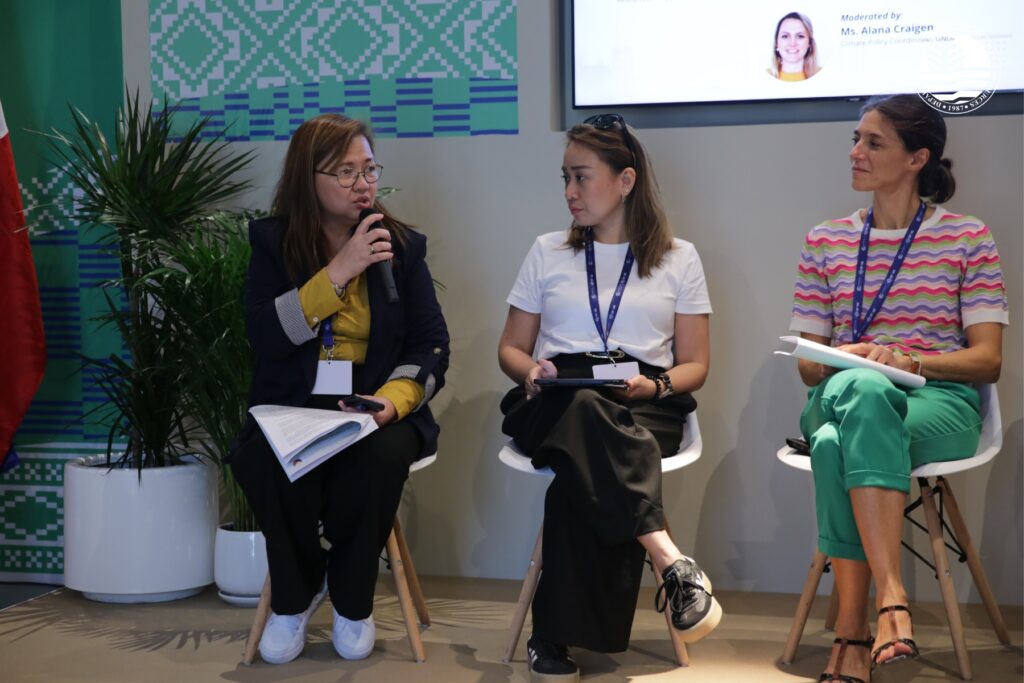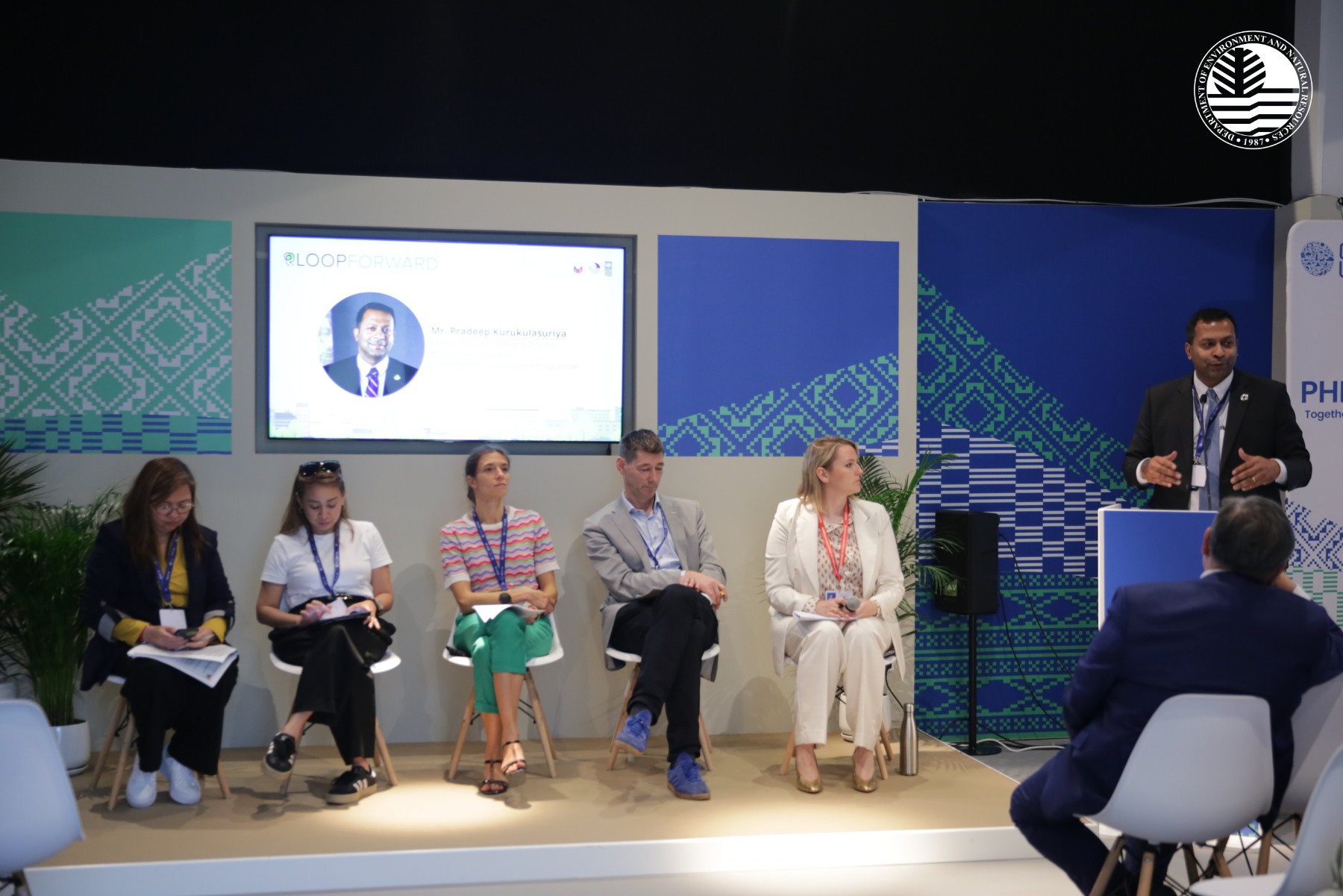As a nation highly vulnerable to climate risks, the Philippines has taken significant strides in embracing the principles of a circular economy. At a COP28 panel discussion, Department of Environment and Natural Resources Secretary Antonia Yulo Loyzaga highlighted the landmark Extended Producer Responsibility (EPR) Law enacted in 2022 in the Philippine as a key milestone. This legislation addresses waste reduction, recovery, recycling, product design, and enforces producers’ full responsibility throughout the life cycle of their products. Secretary Loyzaga emphasized the shift away from the old paradigm of irresponsible production and consumption, stating that it has no place in the new vision being created.
Extended Producer Responsibility aims to ensure that producers actively engage in sustainable practices, decreasing the total environmental impact of their products and packaging. These requirements translate into diverse obligations for producers and resellers, impacting various product groups. The application of EPR promises numerous opportunities, including shifting end-of-life management costs from the public sector to producers and consumers, improving collection rates, and enhancing material recovery rates in a cost-efficient manner. All these elements contribute to accelerating the circular transition and achieving climate goals, providing both upstream and downstream solutions.
Ms. Aurelie Godefroy of the European Union acknowledged the crucial role of a circular economy in addressing climate change. She highlighted the European Union will continue to develop and strengthen EUs Circular Economy Action Plan, in order to support European producers and consumers to shift to circular production and consumption models.

The circular economy emerges as a multi-tool to combat climate change, with 70% of greenhouse gas emissions associated with material handling and use. According to the Circularity Gap Report 2022, a circular economy transformation can potentially cut material use by 28% and greenhouse gas emissions by 39%, showcasing its significant impact on climate change mitigation.
The EU-Philippines relations, anchored in the Partnership and Cooperation Agreement, reflect common interests in a rules-based international order, trade and investment, security, and economic development. With a priority on building a better and greener post-pandemic world, the Philippines has taken considerable steps towards a suitable policy framework for environmental conservation and equitable access to natural resources.
Highlighting recent developments, the Philippine Government and the European Union signed a EUR 60 million financing agreement to support the Green Economy Programme in the Philippines. Led by DENR, the programme aims to facilitate the country’s transition to a green economy, encompassing circular economy practices, waste reduction, plastic mitigation, energy efficiency, and renewable energy deployment for climate change mitigation. Executed in collaboration with UNDP, GIZ, Expertise France, and the International Finance Corporation, the program focuses on national policy and dialogue, empowering local governments, engaging the private sector, and facilitating learning exchanges with EU member states.
Above discussion was held at COP28 forum December 2023 hosted by the Philippine Government and the United Nations Development Programme (UNDP). It gathered experts to shed light on the crucial role of Enterprise Resource Planning (ERP) in contributing to climate change mitigation. As the world faces unprecedented environmental challenges, the integration of ERP and circular economy strategies emerges as one pathway to climate change mitigation.

